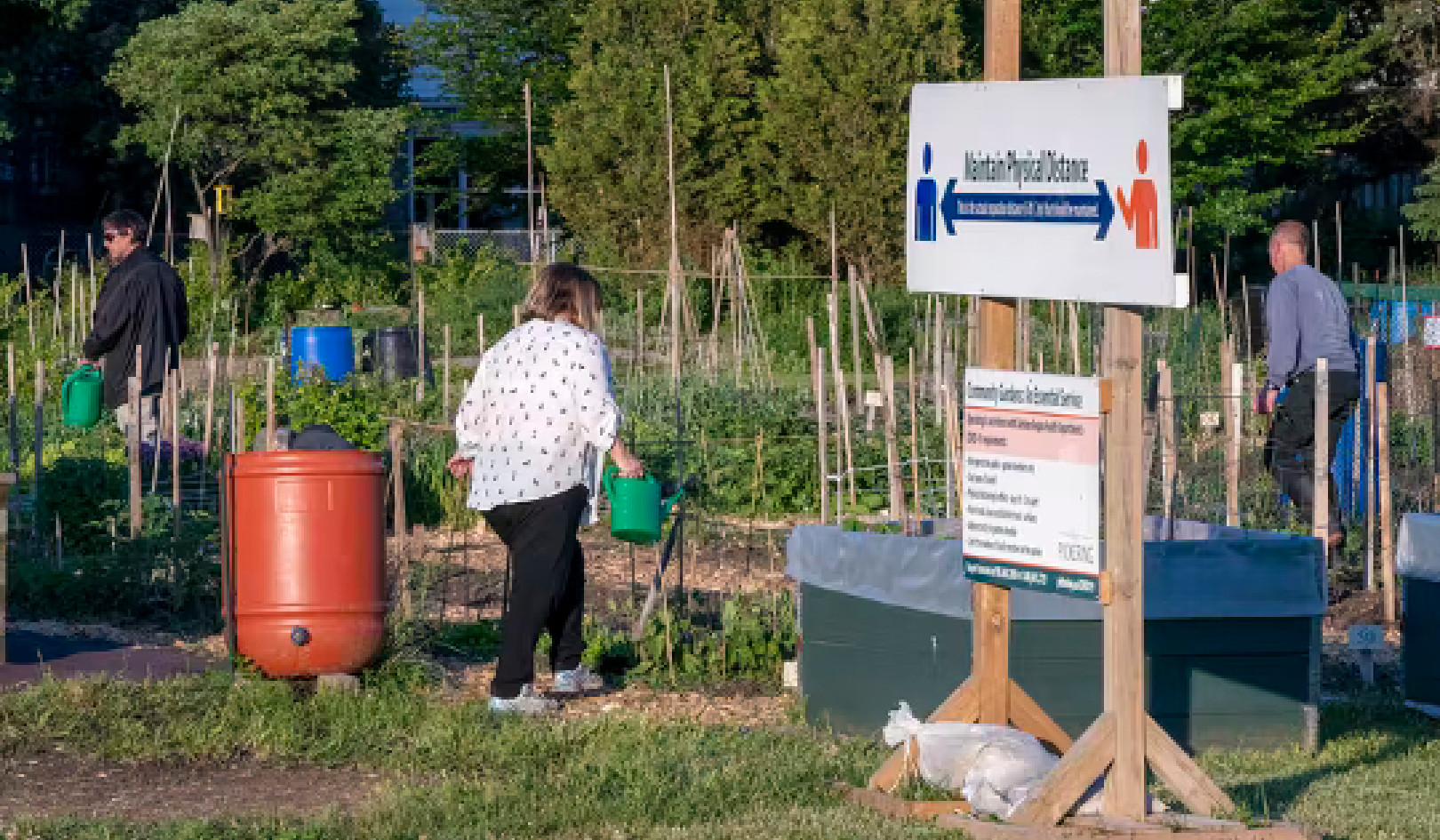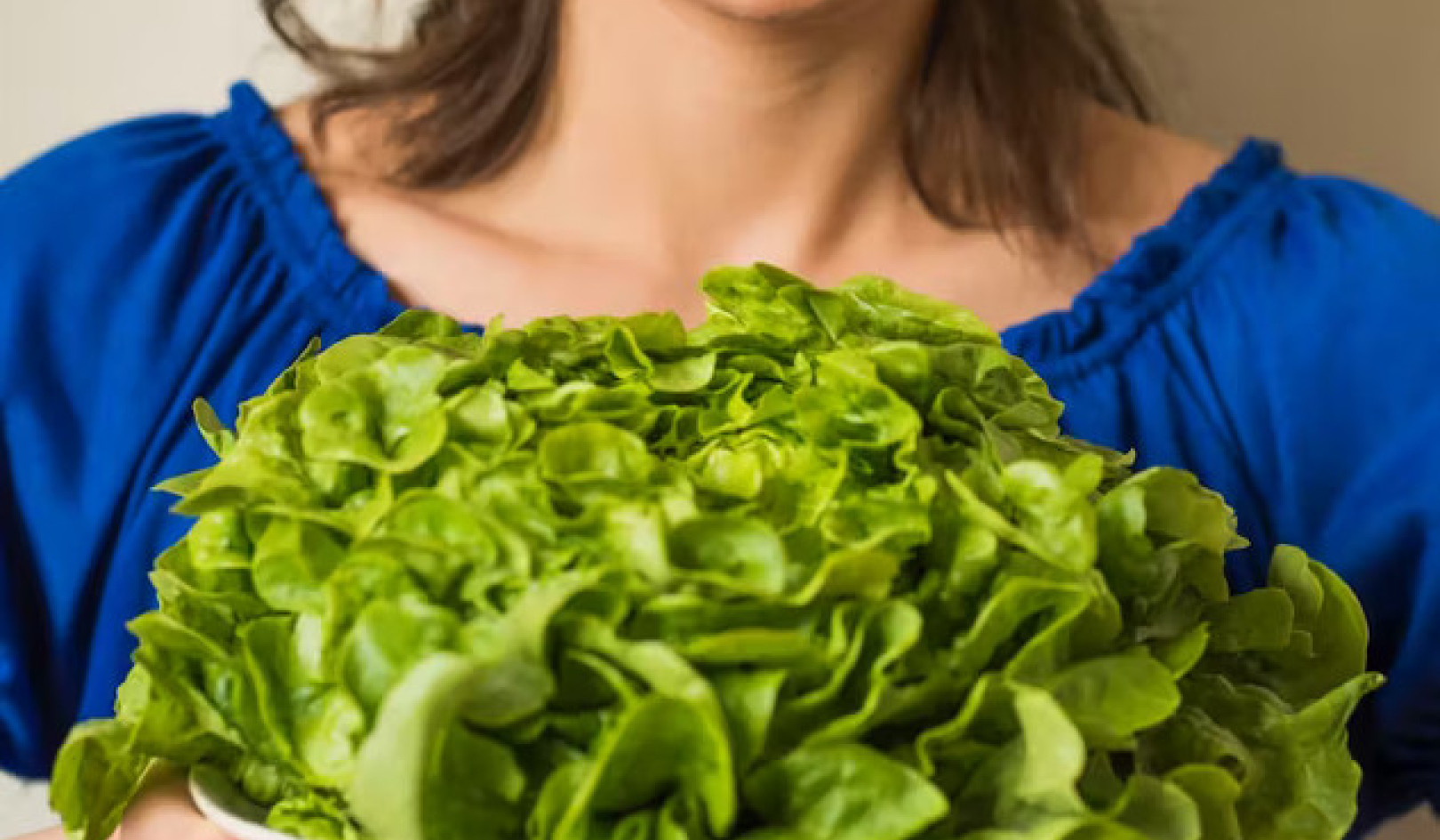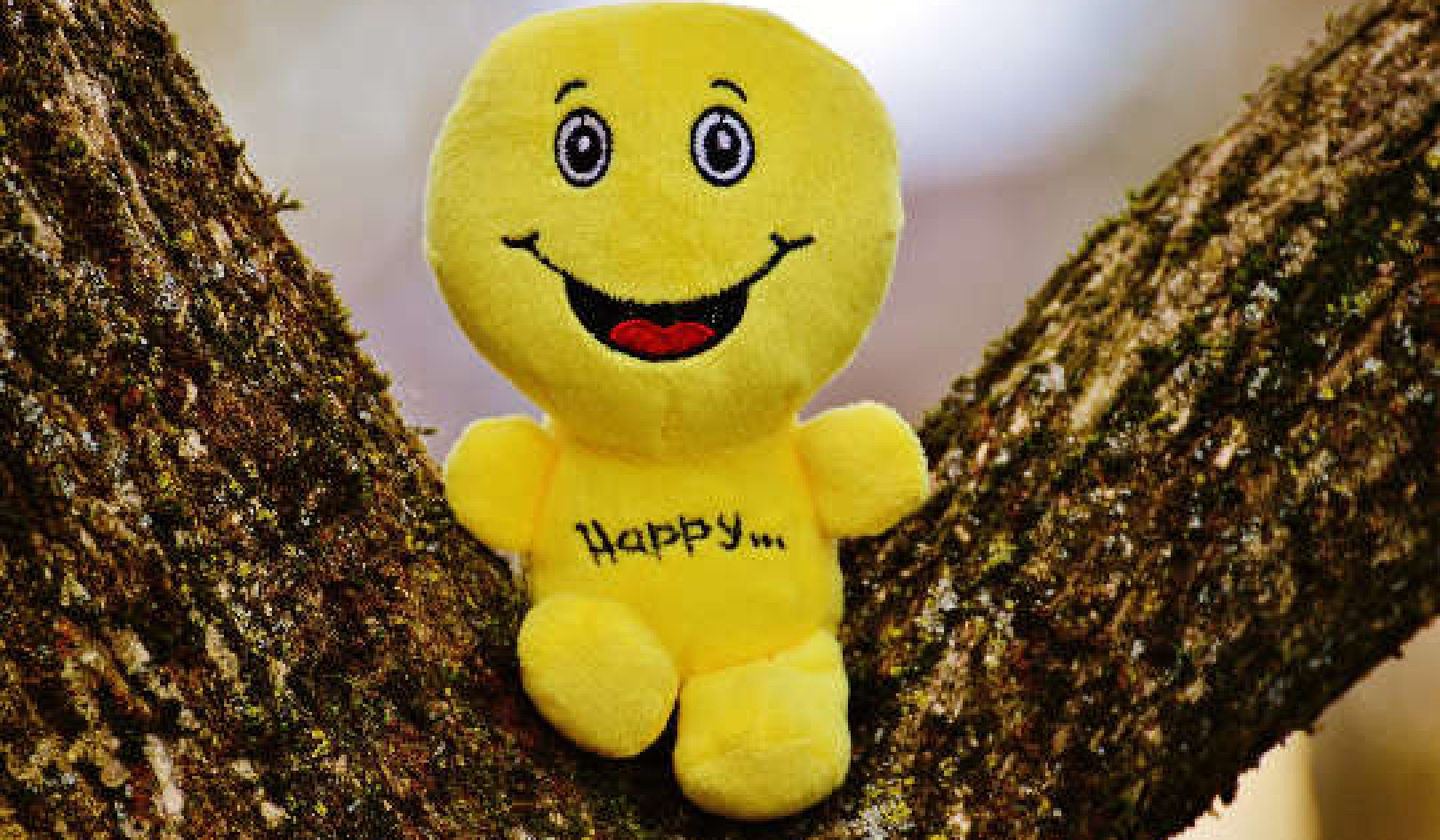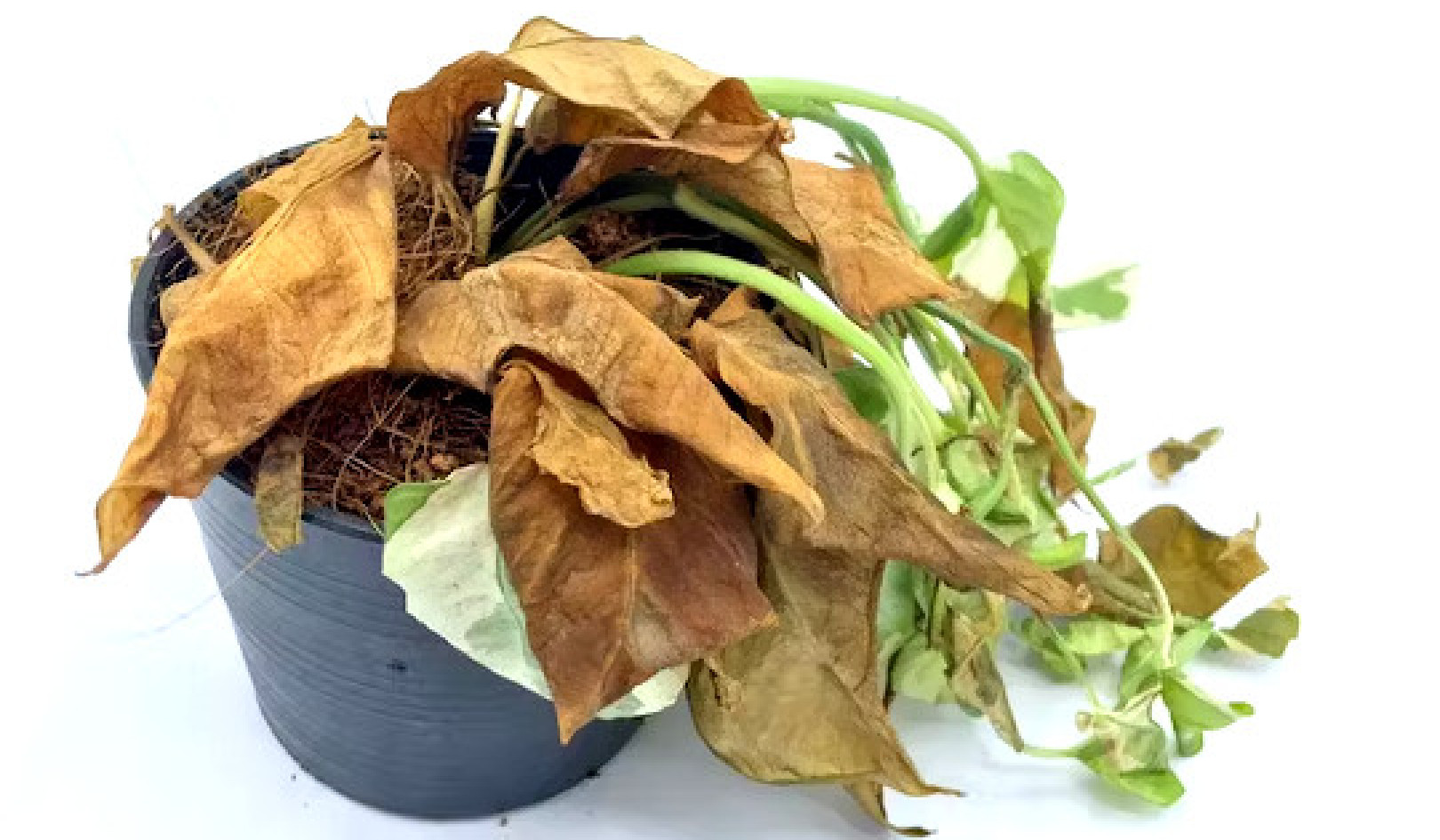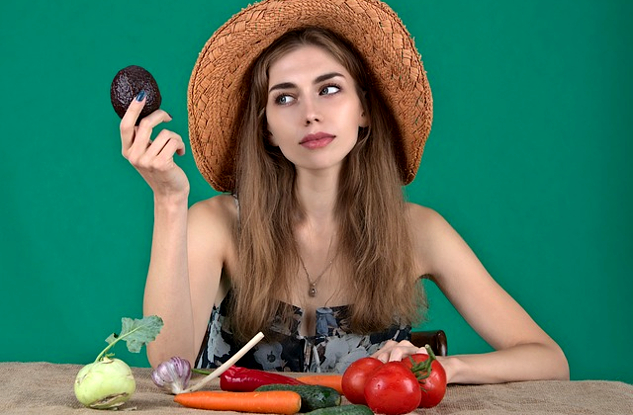
Image by Jerzy Górecki
In 1995, nutrition therapists Elyse Resch and Evelyn Tribole wrote one of the first books on the concept of intuitive eating. That book sparked a worldwide awareness that the mentality of dieting disrupts metabolic health and leads to stress and disordered eating. Tribole herself went from being a dietician who endorsed diet culture to finding her path as a guide for patients in finding their own ideal way to eat.
Intuitive eating reminds us to be compassionate with ourselves and each other, to approach eating with nonjudgment, to honor hunger and fullness, to respect genetics and body type, and to reject diet culture.
Diet as a Way of Life
The word diet comes from the Greek diaita, meaning “a way of life.” It’s time to reappropriate this word and use it as it was originally intended, not as the restrictive and dysregulating framework it has become. As Resch explains,
“It’s time to let go of a dieting system that is toxic. The data show that 95% of people who go on diets fail at them. . . . The only alternative is to start trusting the body and feeling the freedom and enjoyment of food that comes with that.”
Our capacity to enjoy food has been smothered by the fast-paced nature of modern life. When we start to slow down and truly savor our meals, we can tap into the body’s intuition about the foods that are ideal at any given time.
Money, Profits, and Poor Health
The wide availability of industrially processed food choices in the United States is not our fault. We are subject to the whims of CEOs who want to make more profit for their companies and the pharmaceutical industry at the expense of public health. In an article about the current epidemic of diet-related diseases, cardiologist Dariush Mozaffarian concludes, “Industrialization of our food appears to be a core contributor to harmful biological adaptations.”
Where I grew up in Italy, folks who did not have high earnings gained their nourishment and abundance from growing their own food. Cucina povera is now widely popular in Italy because this 'peasant food' made with whole, simple ingredients is often the most delicious.
Intuitively Knowing What To Eat
I have seen my young children be very clear about when they are full or choose to eat certain parts of a meal and not others, like skipping the rice on their plate even though the previous day they had eaten all of it. I believe that this instinct arises in part from their whole foods diet, which allows their microbiomes to remain intact and send clear messages to their brains about nourishment. In addition, they trust their intuition and follow their needs for nourishment in each moment.
Many of us were raised to be part of something like the “clean plate club.” This kind of framework takes people away from their hunger and satiety cues and creates a sense of guilt or accomplishment around clearing a plate. Instead, intuitive eating encourages people to tune in to the nutritional value of food, the pleasure it brings to the senses, and feelings of fullness, which can change at different times. Just as with mindful eating, this way of relating intuitively to food supports both mental and digestive health.
Guides to Eating Well
I still hear the voice of my dad saying things like, “Don’t eat too much bread or it will make you fat.” Whether he was conscious of it or not, my dad was repeating admonitions he had likely heard from his mother. My dad and his mother were wonderful guides for eating well; they gave me the crucial foundation in food as medicine and folk herbalism that inspires me to this day.
But they, too, had been indoctrinated with some of the dietary strictures of the world around them, and the messages they sometimes passed along created associations in my subconscious mind, like “bread equals fat.” I now know intellectually that is not true. However, I needed to reprogram myself to appreciate the potent nourishment of a whole-grain bread made with love and appreciation of ancestry.
Reconnecting with Our True Self
In her book The Body Is Not an Apology, Sonya Renee Taylor exposes the truth about the current oppressive society that disconnects us from our true selves. When we reconnect to self-love, she says,
“we feel inspired to awaken others and to interrupt the systems that perpetuate body shame and oppression against all bodies. When we act from this truth on a global scale, we usher in the transformative opportunity of radical self-love, which is the opportunity for a more just, equitable, and compassionate world for us all.”
Instead of listening to what’s being preached by others, we can choose to look within and ask ourselves where our beliefs about ourselves came from and whether they need to be updated.
The body is truly not something for which to apologize; it is our greatest gift and our best tool for liberation. I know from personal and professional experience that it is possible to shift what we eat to promote our unique version of wellness by heeding the body’s messages for nourishment. When health is the goal and present moment awareness is the mindset, transformation can truly take place.
The word intuition comes from the Latin in and tueri, meaning “to look within.” Intellect, from the Latin inter and legere, means “to choose between.” The mind uses discernment, and the soul knows the inner truth.
Radical Act of Weaving Intuition and Intellect
By weaving intuition and intellect, we perform the radical act of restoring the connection between humans and Earth. Radical, after all, comes from the Latin radix, “root.” It is time to root in the ever-changing, profound wisdom of self-knowledge informed by nature.
In The Art of the Commonplace Wendell Berry says,
“Only by restoring the broken connections can we be healed. Connection is health. And what our society does its best to disguise from us is how ordinary, how commonly attainable, health is. We lose our health—and create profitable diseases and dependencies—by failing to see the direct connections between living and eating, eating and working, working and loving.”
Copyright 2023. All Rights Reserved.
Adapted with permission of the publisher,
Healing Arts Press, an imprijnt of Inner Traditions Intl.
Article Source:
BOOK: The Culinary Pharmacy
The Culinary Pharmacy: Intuitive Eating, Ancestral Healing, and Your Personal Nutrition Plan
by Lisa Masé
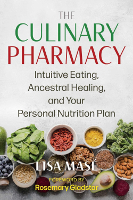 Exploring the healing power of food, holistic nutritionist Lisa Masé weaves together three ancestral healing philosophies—Ayurveda, traditional Chinese medicine (TCM), and the Mediterranean way of eating—with modern nutrition science to help you discover your ideal foods for vibrant health.
Exploring the healing power of food, holistic nutritionist Lisa Masé weaves together three ancestral healing philosophies—Ayurveda, traditional Chinese medicine (TCM), and the Mediterranean way of eating—with modern nutrition science to help you discover your ideal foods for vibrant health.
The author provides clear, easy-to-follow instructions for determining your unique constitution and how best to heal yourself. Discussing the energetics of food, Lisa explains the importance of personalized nutrition based on genetics, epigenetics, intuitive eating, and seasonal, local foods. Throughout the book, Lisa shares recipes, food lists, meal plans, and stories. Showing how to simplify your eating to cultivate wellness, this engaging and comprehensive guide to the culinary pharmacy provides all the knowledge and tools necessary to help you make your food your medicine.
For more info and/or to order this book, click here. Also available as a Kindle edition
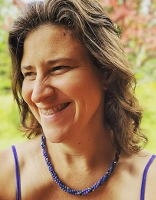 About the Author
About the Author
Lisa Masé (they/she) is a nutritionist, herbalist, and food sovereignty activist. Lisa emigrated to the States from Italy and now homesteads on unceded Abenaki land with a partner and two children. Lisa is passionate about poetry, woods walking, travel, translation, meditation, and community weaving. Lisa's practice, both 1:1 and in group classes, focuses on holding space for personal empowerment and self discovery.
Learn more at harmonized-living.com
















